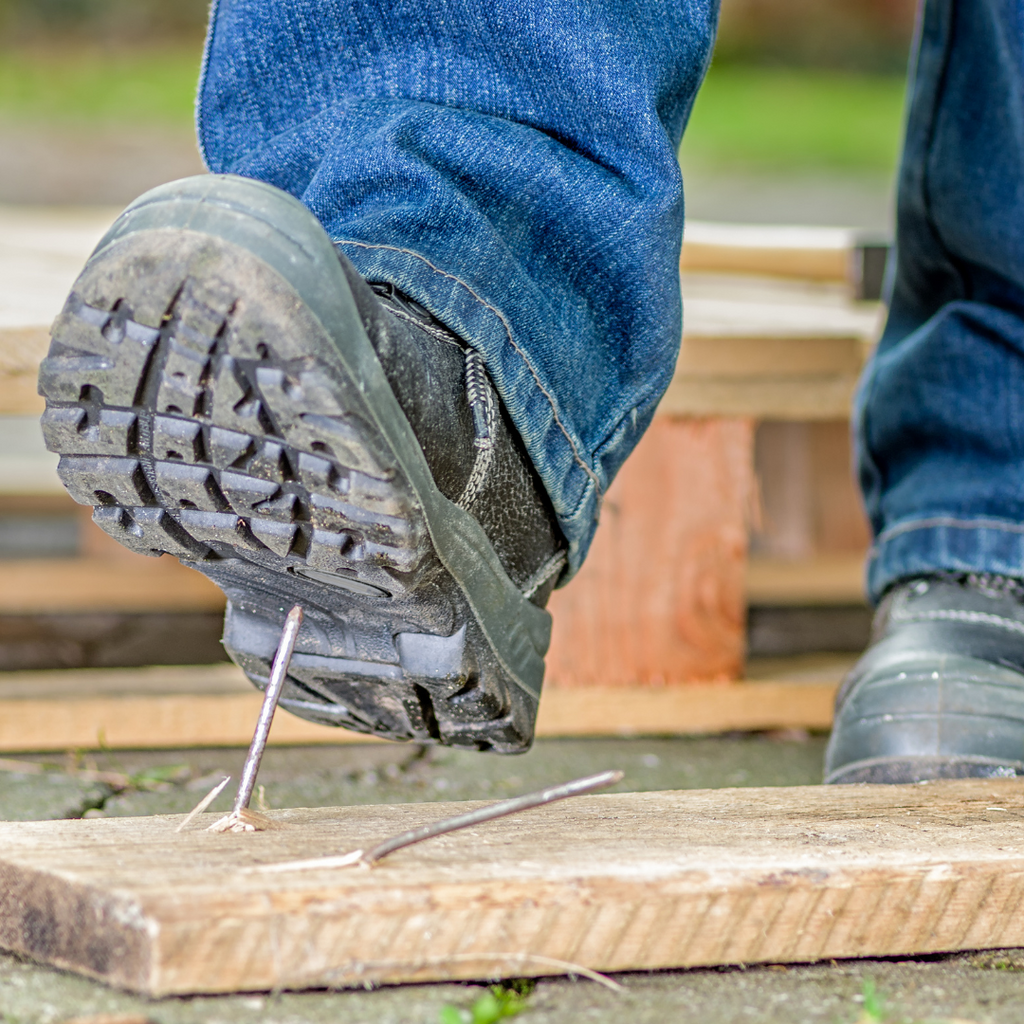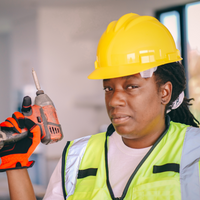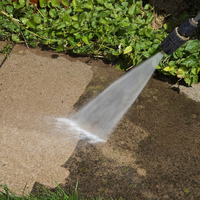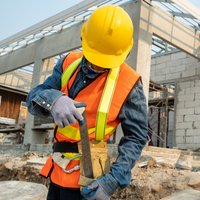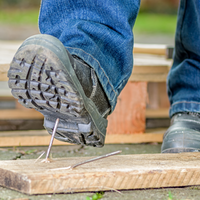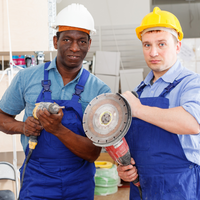In industrial environments, where engineers, technicians, and laborers navigate heavy machinery, sharp objects, and hazardous substances daily, the right protective gear is crucial. Among all personal protective equipment (PPE), safety footwear stands out as a fundamental requirement for preventing injuries, maintaining compliance, and boosting productivity.
At Gibadi, Nigeria’s trusted supplier of industrial safety equipment, cleaning tools, power tools, and labeling solutions, we understand why investing in quality safety footwear is non-negotiable.
The Critical Role of Safety Footwear
Safety footwear is designed to protect workers’ feet from a range of workplace hazards, including:
-
Impact and compression: Falling objects, heavy machinery, and accidental tool drops.
-
Punctures: Nails, shards, and sharp debris often found in manufacturing or construction areas.
-
Slips and falls: Wet or oily surfaces in factories, laboratories, and maintenance zones.
-
Chemical exposure: Spills from cleaning agents, lubricants, and industrial chemicals.
Proper safety shoes or boots incorporate reinforced toe caps, slip-resistant soles, and durable materials to mitigate these risks.
Why Industrial Workplaces Require Safety Footwear
1. Compliance with Industry Standards
Many industrial and manufacturing regulations mandate the use of certified safety footwear. These standards, including OSHA guidelines and ISO safety protocols, ensure that workplaces adhere to the highest safety benchmarks. Non-compliance can lead to fines, legal liabilities, and increased risk of workplace injuries.
2. Minimizing Workplace Injuries
Foot injuries can result in costly downtime and medical expenses. Safety footwear significantly reduces:
-
Fractures from dropped tools or machinery
-
Lacerations from sharp surfaces
-
Burns from chemicals or hot materials
-
Sprains and slips on uneven surfaces
3. Enhancing Worker Confidence and Productivity
Employees equipped with proper safety footwear can perform tasks more efficiently, with reduced hesitation and risk. Comfort and durability are key factors, as workers are often on their feet for extended periods.
Features to Look for in Safety Footwear
When selecting industrial safety shoes, consider the following features:
-
Steel or composite toe caps for impact protection
-
Slip-resistant soles for wet or oily surfaces
-
Electrical hazard protection for electricians or technicians
-
Puncture-resistant midsoles to prevent injuries from sharp objects
-
Waterproof and chemical-resistant materials for harsh environments
-
Ergonomic and cushioned design for comfort during long shifts
Gibadi’s Safety Footwear Solutions
Gibadi offers a wide range of certified safety footwear tailored to industrial, laboratory, and manufacturing environments. Our products provide:
-
Durable construction for long-lasting protection
-
Compliance with international safety standards
-
Comfortable fit for all-day wear
-
Options suitable for specialized work conditions, such as chemical labs or heavy machinery operations
By choosing Gibadi safety footwear, organizations demonstrate a commitment to employee safety and operational excellence.
Conclusion
In industrial workspaces, safety footwear is far more than a uniform requirement it is a frontline defense against workplace injuries. Ensuring that your workforce wears certified, durable, and comfortable safety shoes is essential for protecting employees, complying with regulations, and maintaining productivity.
Equip your team with the best in safety footwear. Visit Gibadi Safety Footwear to explore our range of industrial-grade shoes and boots or contact our experts for tailored recommendations.






